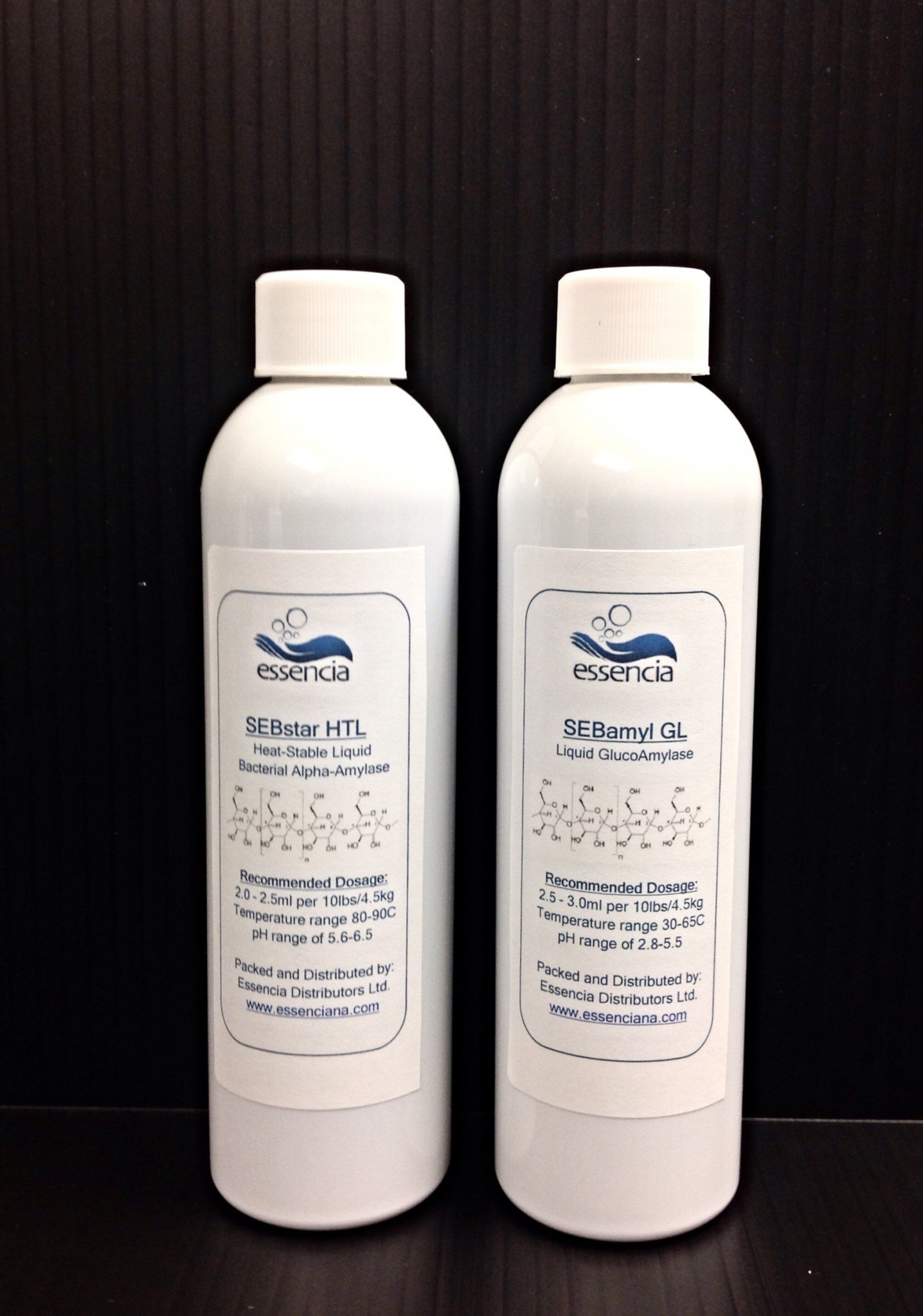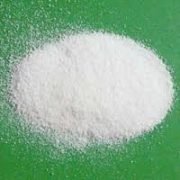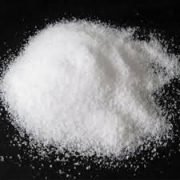Description
SEBFlo HTL
Description:
SEBFlo HTL is Kosher-certified, Halal-certified, non-synthetic and bio-degradable.
Product Properties:
- Form: brown liquid
- Active Ingredient: beta-glucanase
- Miscibility: readily miscible in water
- Specific Gravity: 1.15 ± 0.05
- Optimum Temp: 45-65oC (113-149oF)
- Optimum pH: 4.0-5.5
Working Principle:
SEBFlo HTL is a beta glucanase enzyme preparation. Beta-glucans are the typical cause of viscosity problems when processing cereal grains (barley, wheat and rye). The solution for these viscosity problems is SEBFlo HTL. It catalyzes the breakdown of cereal grain beta-glucans (1,4-beta-,1,3-beta-glucans) to oligosaccharides. It promotes liquefaction, reduces viscosity and improves solid/liquid separation, lautering and filtration. SEBFlo HTL is essentially free of protease activity.
Applications & Benefits:
In the distilling industry, SEBFlo HTL is used to breakdown cereal grain beta glucans thereby reducing wort/mash viscosity, reducing processing and filtration times. Typically it is added at mashing-in or when mixing grain with water. In brewing, SEBFlo HTL is used to supplement endogenous beta glucanase enzymes found in malted barley and other malted cereal grains when mashing or grinding cereal grains. SEBFlo HTL offers greater temperature-stability than the endogenous glucanases found in malted grains.
Dosing Recommendations:
The optimum dosage of SEBFlo HTL depends on:
- Particle size of ground grain or malt.
- Barley/malt/grain substrate concentration (typically 12 – 50%)
- Enzyme treatment time (typically 0.5 – 1.0 hours)
- Recommended dose: 0.2 – 0.5 kg/metric ton of malt, unmalted barley or other cereal grains.
Packaging:
SEBFlo HTL is available in 10 Kg / 9.46L, or 225 ml / 8oz Bottles.
Storage:
SEBFlo HTL should be stored in a cool, dry place. Storage in unopened containers, at or below 5°C, helps to maintain maximum activity if stored over long periods.
Safety & Handling Precautions:
Enzymes are proteins. Inhalation of dust or aerosols may induce sensitization and may cause allergic reactions in sensitized individuals. Some enzymes may irritate the skin, eyes, and mucous membranes upon prolonged contact. Avoid unnecessary contact with the product and inhalation of any aerosols or dust particles. In case of spillage or contact with the eyes or skin, rinse the affected area promptly with plenty of water.
All spills, however minor, should be removed immediately. Use respiratory protection. Major spills should be carefully shoveled into plastic-lined containers. Minor spills and remains of major spills should be removed by vacuum cleaning or flushing with water (avoid splashing). Customers should review Material Safety Data Sheets for detailed advice regarding the safe handling of enzymes.




